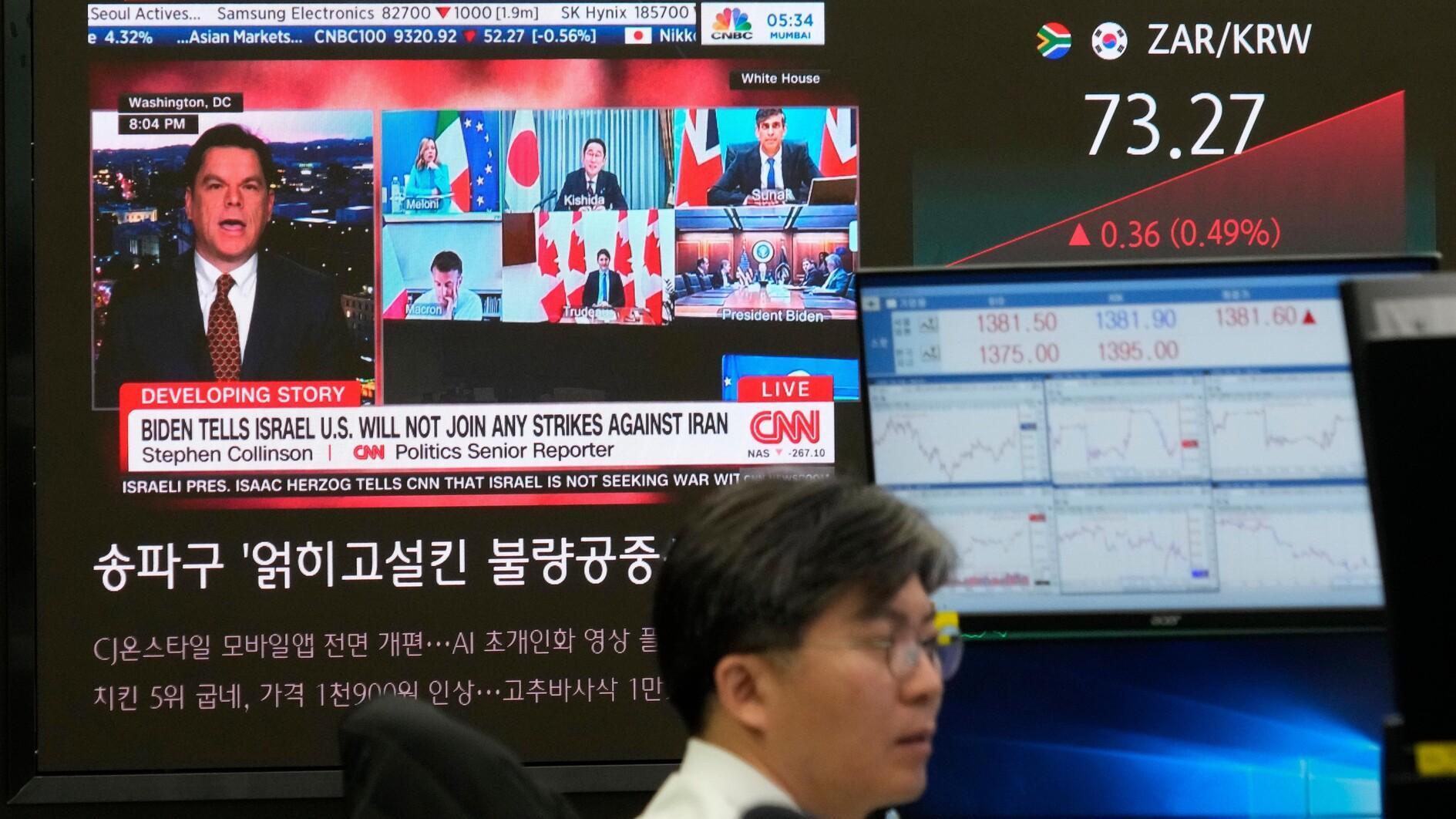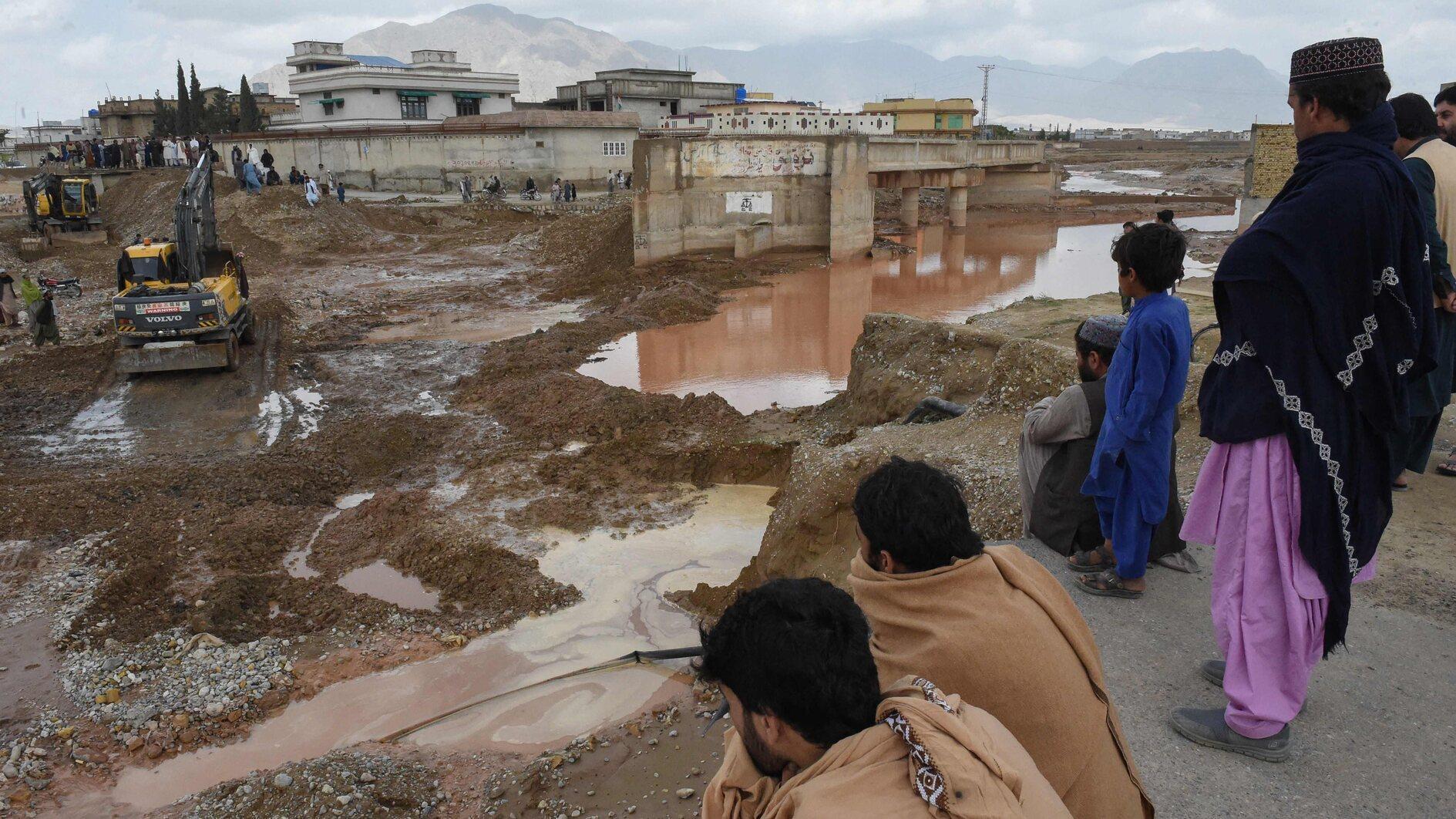Turkey’s Euphrates Shield changed the Syria game
Turkey started its military operation into Syria on Aug. 24, 2016, following a suicide attack by the Islamic State of Iraq and Levant (ISIL), or DEASH with its Arabic initials, that killed 59 civilians in the border city of Gaziantep on Aug. 20.
That was seen as an ambitious move by many countries, both in the NATO system that Turkey is a part of and NATO rivals like Russia, Iran and Saudi Arabia, which are also players in the Syria theater. That’s because just five weeks before, there was a military coup attempt on July 15 that was widely believed to have been masterminded by Fethullah Gülen, a Turkish Islamist preacher living in the United States. Thousands of members and key unit commanders of the Land, Air and Naval Forces were detained, dismissed from the army, caught red-handed or believed to have been involved in a parallel chain of command with Gülen, who used to be a close ally of the ruling Justice and Development Party (AK Parti) but later became an archrival. Nobody really thought that under those circumstances, the Turkish military, despite being the second biggest in the NATO system, would dare to launch a major operation in war-torn Syria.
But it did; President Tayyip Erdoğan gave orders to Gen. Hulusi Akar, the chief of General Staff, to start the “Operation Euphrates Shield” with two aims:
1- To end the physical access of ISIL to the Turkish border and push it away from its territory to stop any abuse of it for the transport of militants, weapons and smuggling.
2- To prevent the area to be cleared of ISIL from being filled by the Democratic Union Party (PYD), the Syria extension of the outlawed Kurdistan Workers’ Party (PKK), which enjoys the backing of U.S. forces.
The first aim was also important to cut the financial sources of ISIL. A recent report by the London-based International Center for the Study of Radicalization and Political Violence (ICSR) said the loss of one of the main extortion centers under the cover of “taxation” had caused hundreds of millions of losses in revenues for ISIL in 2016. Jarablus, next to the Turkish border, was captured by the Turkish military-backed Free Syria Army (FSA), consisting of mostly native Syrian Arabs, by the same night.
Thanks to the agreement reached with Russia over a de-escalation protocol in order to avoid any clash with either the Russian or Syrian Air Forces, the Dabiq township, which had key ideological importance for ISIL, was taken on Oct. 16, 2016. On Feb. 23, the FSA, backed by the Turkish military, entered the town center of al-Bab, an important stop on the road between Aleppo and Raqqa, which was captured and declared as ISIL’s headquarters in 2014. (That deal made possible a cease-fire agreement between the warring factions in Syria, except al-Qaeda and ISIL, and facilitated the start of the Astana process on Jan. 23-24 in combination with the Geneva conference.) So far, 2,000 of the originally targeted 5,000 square kilometers have been cleared of ISIL by the Turkey-backed forces.
But there is a huge problem blocking the second aim of the Euphrates Shield operation. Despite the Turkish offer to work together in clearing ISIL together, the former Barack Obama administration in the U.S. ordered the Central Command (CENTCOM) to work together with the PYD and its militia, the People’s Protection Units (YPG), despite knowing their relations with the PKK, which is designated as a terrorist organization by the U.S. as well.
Ankara has four objections to the U.S. stance in the fight against ISIL in Syria:
1- It is wrong to fight with a terrorist organizations by cooperating with another.
2- Turkey promises to return the cleared area to a new Syria government when peace is maintained, while the PYD wants a Kurdish-controlled area within Syria, next to the Turkish border.
3- Raqqa is an ethnic Arab town and its occupation by Kurdish forces would cause consequential problems, worse than Manbij, another Syrian town taken from ISIL by (mostly) YPG forces with CENTCOM support.
4- Turkey and the U.S. are not rivals but NATO allies who are supposed to fight security threats against each other together.
Despite a strong PR campaign by CENTCOM officials to influence U.S. President Donald Trump’s call on the new strategy by continuing to side with the PYD/YPG forces, Ankara keeps saying that if the U.S. leaves the PYD as the partner, Turkey and other Turkey-backed forces would be willing to join the Raqqa operation.
It is a matter of tough secret diplomacy these days, but without the Euphrates Shield operation, it is clear that Turkey would not have the bargaining power it does today in the Syria theater.











